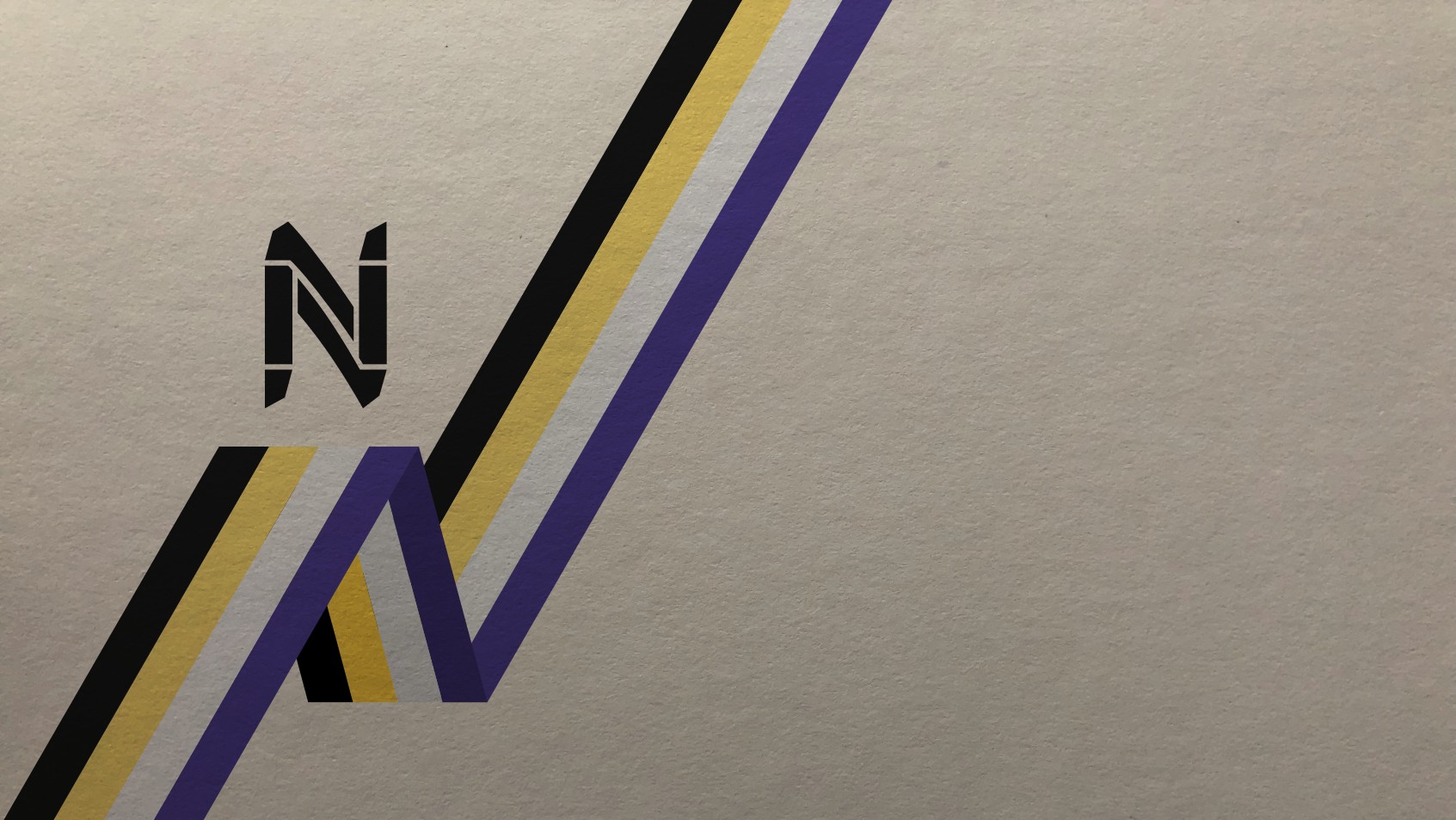Another June comes around, and here I am facing another birthday and anniversary of being out. It was round this time last year I made the ‘last’ move in accepting my queerness.
There is a lot of significance placed in one’s coming out. It differs for many in its actual significance. For some, it can mean placing friendships, love, and family on the line. It could cost you home and your support network.
I’m privileged from the perspective that I knew these things would be secure when I came out. Only my comfort and happiness would change, but for the better. Coming out is not a one time thing, as many believe. It is a constant process.
When I moved to Exeter, I was at ground zero again. No one knew I was queer. I had to keep a lot hidden. I was incredibly lucky for this to be an open environment. The fear will always be there. The danger is always there, lurking in the future. Public affection and marriage might be legal, but a nation’s law is not all there is. While it still values monogamy and the necessity of heterosexual relationships (and the closely linked idea of procreation), we shall always be threats to stability, derivatives, mutations in the system.
Over the past year, I have had time to reflect on these social expectations:
1) From watching Sex Education it amazes me how many difficult situations could be resolved by simply just embracing polyamory or becoming a throuple. It’s ironic that a show promoting individuality and queerness is so set on the idea of monogamy to drive its drama. Why can Eric, Adam, and Rahim (who have all hooked up) not just become a three? Evidently Eric does not fit into committment to one person at this time. One can have many friends of varying and equal intimacies, then why is it not possible to share when we apply romantic labels? Why must they be exclusive, as if their jealousy compels them to possess each other?
2) Why the requirement for procreation in our relationships? This makes sense from the perspective that this is how our species survives. There are over seven billion of us though. I’m sure the species will survive unless some virus wipes us out. Is it based on blood lines? Do we value spreading genetics more than we do in the shaping, teaching, and care of human life? Even so, I believe that non-normative relationships may be instrumental in teaching children about alternative worldviews.
3) How many people still think we should not ‘shove it in their face’? How LGBTQIA+ issues are not relevant to football, for instance. How sexuality is personal and should be kept to the bedroom. No one says the same when they hold hands with or publicly kiss their heterosexual partner. No one, when your colleagues meet your partner (in passing or organised). No one, when one’s personal life is very easily accessible online. The fact is these things can be done without fear. The same can not be said for those of the LGBTQIA+ community. It is very hard to hide sexuality or identity. Keeping quiet just prolongs the power dynamic that keeps many of us in constant fear.
Queerness for me is something free. But while these things remain the norm, the expectation, I probably won’t shake that feeling of danger. They remind me they’re there. that it might be necessary to hide from them.
It is very hard for me to be a supporter of my club, Swindon, knowing that Football is still not very open to people like me. Some sympathisers can not see the minute importance that a simple post about Pride Month means to our community. I have seen many argue that we are a minority, so why pander to us? For this very reason, the majority’s hegemony is maintained. Pandering to us is only to counterbalance the disproportionate power.
If you have not read my James Baldwin article of the June issue, I do recommend it. Both these articles are in conversation with each other. The points overlap and complement.

